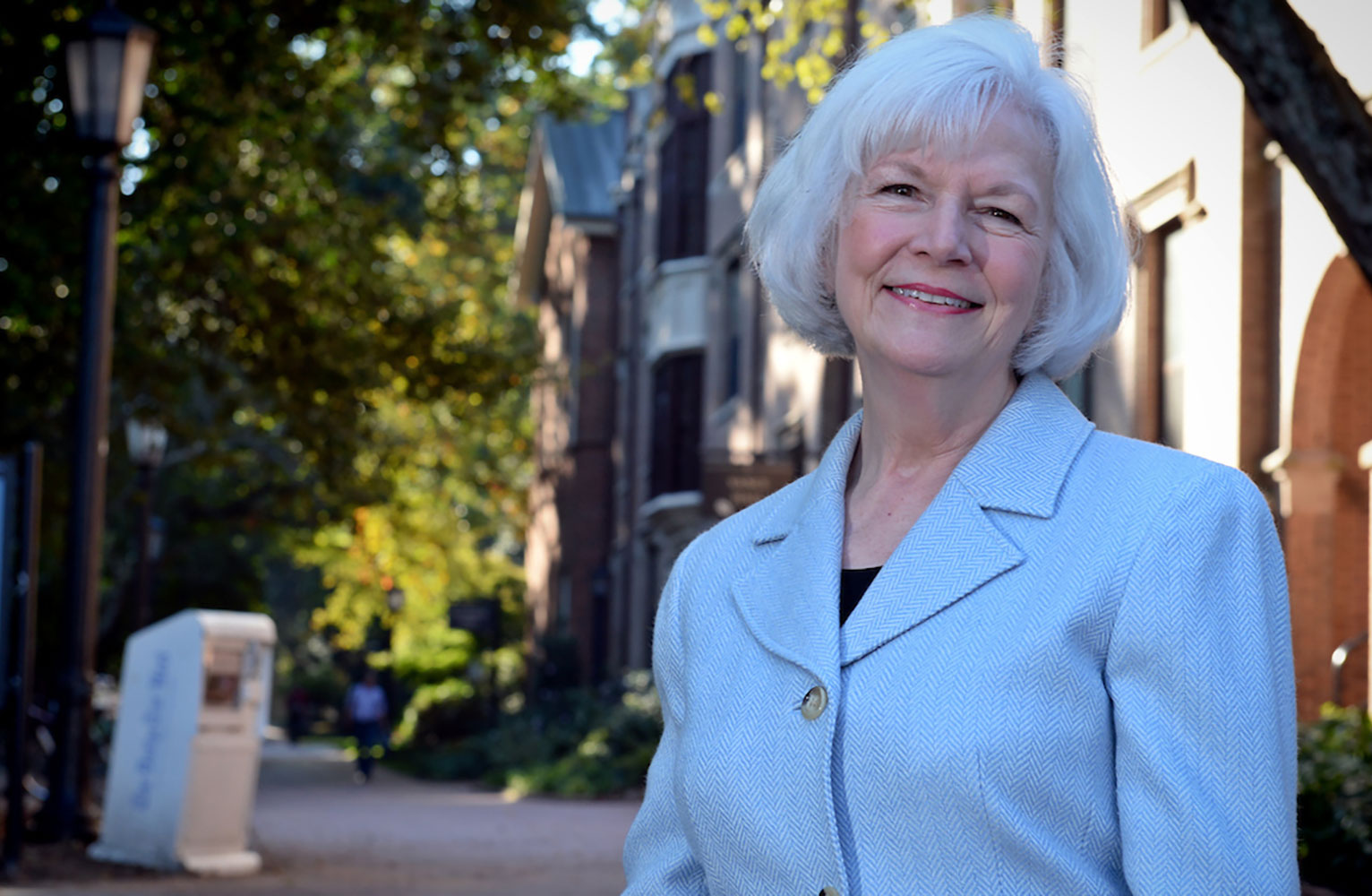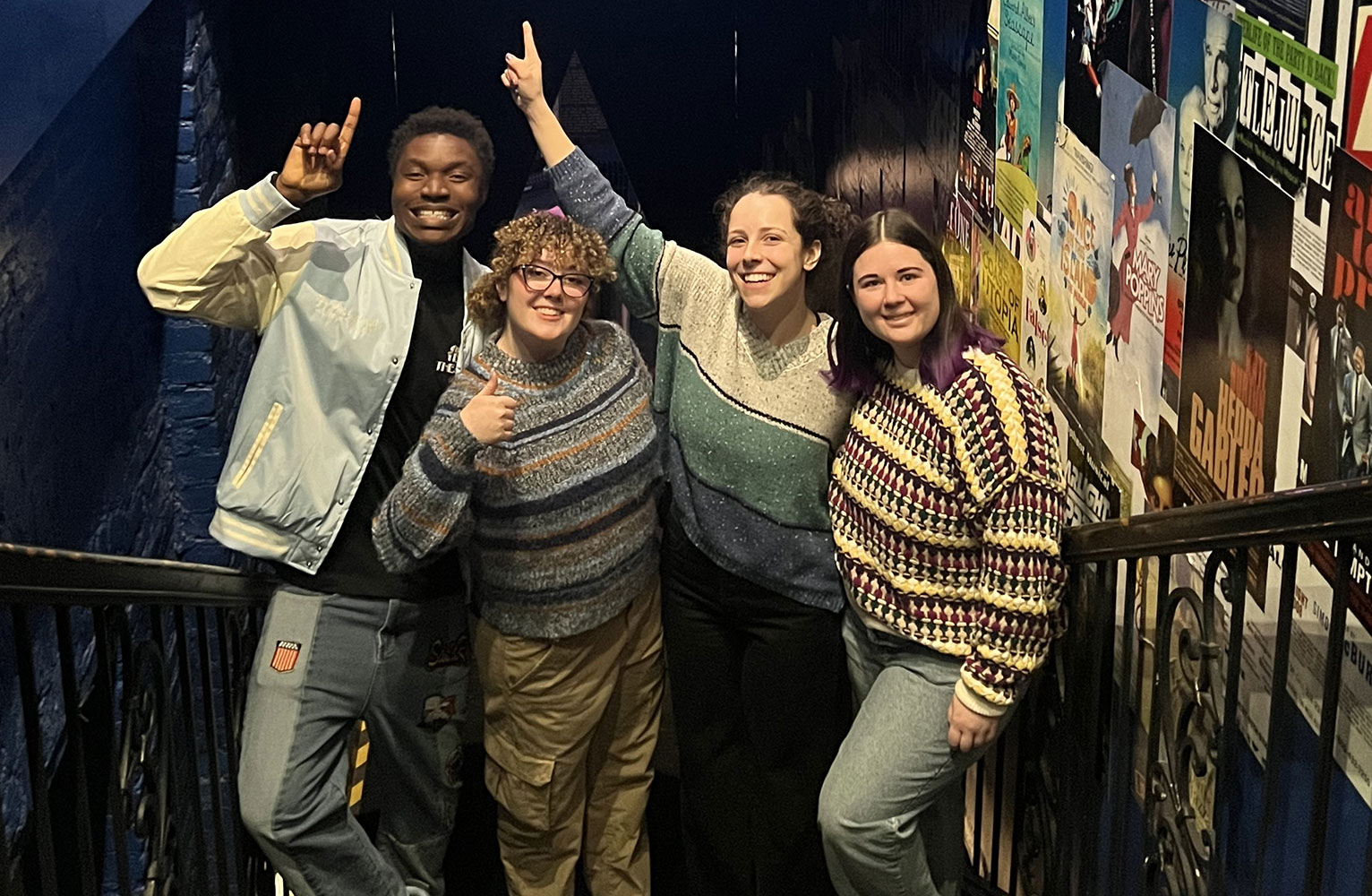
Shirley Ort served as the director of the UNC Office of Scholarships and Student Aid for 19 years before she retired in 2019. For 20 years, the Carolina Covenant has provided low-income students the opportunity to graduate from Carolina debt-free. Ort is the Tar Heel behind the Covenant. As the University celebrates the Covenant’s 20th anniversary, we reached out to Ort for a Q&A.
What was the Carolina Covenant message?
At Carolina, we knew that growth in our federal, state and institutional grants and scholarships had more than kept pace with tuition increases, but we weren’t sure that we were getting our message across. We worried well-qualified students might self-exclude out of concerns about affordability. It would be fair to say that the Carolina Covenant was created to send a clear message to students and families. We had to move away from “financial-aid speak” and instead share a clear, consistent message of promise and commitment — that college is possible, no matter what your income.
Is the Carolina Covenant still the same today?
Today’s program, though strengthened in many respects, remains largely unchanged from when it was shaped 20 years ago. By the second year, we realized it wasn’t enough to simply bring low-income students to campus; we needed to make sure they could participate fully in the academic and cultural life of the University. It all seemed to work! As grants and scholarships were combined with necessary support services, graduation rates among Covenant Scholars began and continue to climb, virtually eliminating what had previously been an income-related persistence and graduation gap. I cannot say enough about the efforts of Professor Fred Clark, now deceased, who tirelessly put a number of these initiatives in place, with the support and assistance of other faculty and staff partners and mentors.
How do you feel about the Covenant today?
I’m thrilled to see that it has survived and thrived long enough to become a big part of the institutional culture of Carolina. I have always known that, to endure, an initiative such as the Covenant must not be built around a particular personality or leader; those programs never last long. An enduring program needs broad support, and the Covenant has earned it. With the support of donors, leadership and so many others on campus, the Covenant has grown and become a celebrated part of the campus culture. To date, more than 11,000 Covenant Scholars have enriched Carolina immeasurably and helped keep Carolina true to its founding mission. I am proud to have shared in this worthy effort.
Related Stories




